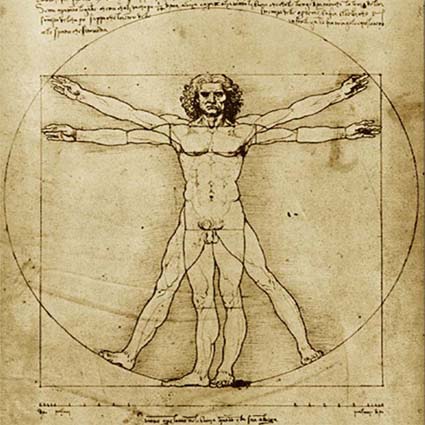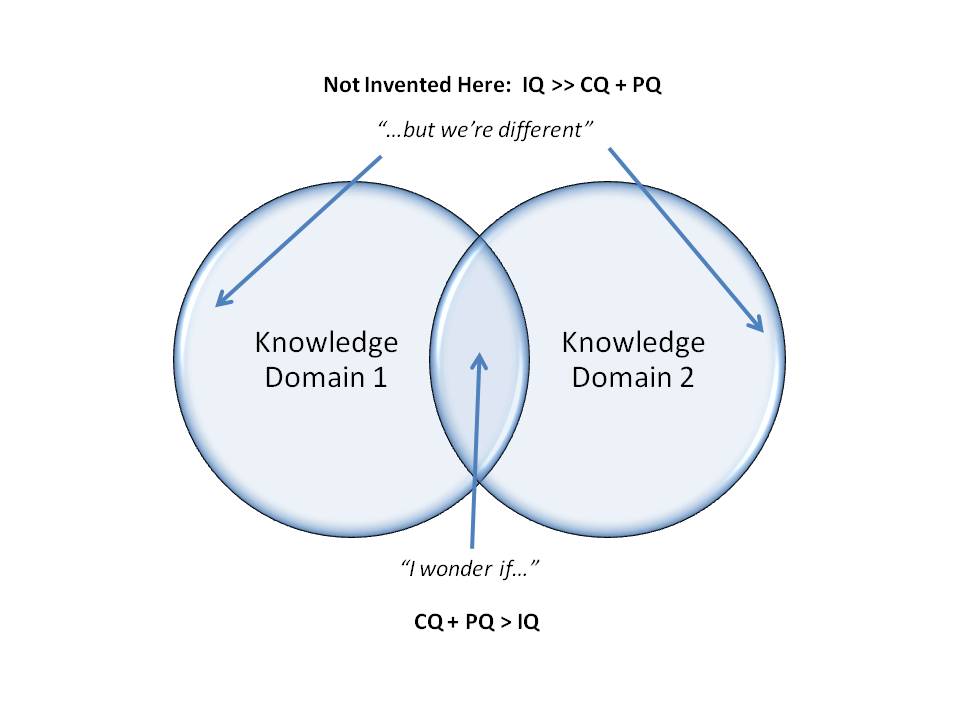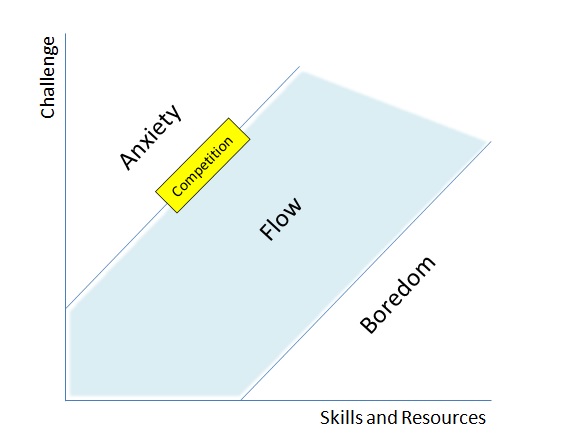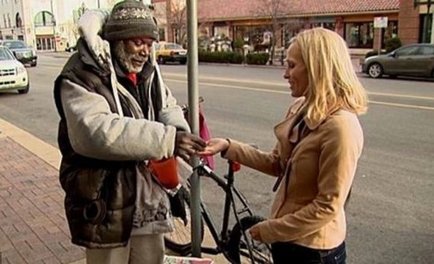The start of a new year is a good time to look back over the previous 12 months and reflect on some highlights – so here are the first five of my ten favourite moments of Knowledge Management Consulting from 2014 - in no particular order - I loved them all! If you ever wondered what I get up to as a KM consultant, it will give you some insights...
1. A whirlwind trip to Iran. After a number of virtual presentations via Sharif University, I made my first trip to Iran, visiting Tehran and then flying to the beautiful, ancient city of Isfahan. What an amazing appetite for knowledge! After presenting at the Iran MAKE awards ceremony, I ran (see what I did there?) a number of simultaneously translated workshops for large audiences who had huge interest and no end of questions. My host from Sharif had to spirit me away to another room during the coffee times so that I had a chance to draw breath. Here's a shot of some of some participants conducting the Marshmallow Tower exercise to apply the fundamentals of KM.
2. Ethiopia with the UN. I have had the privilege of working with the United Nation System Staff college for several years now, and visited Addis Ababa twice last year to facilitate workshops on KM and Appreciative Inquiry with the Economic Commission for Africa. We discussed networking, and learning in depth, and worked up a 10-year vision for KM in the region. The photo below was a fun physical network analysis which brought a smile to everyone's faces!
3. Google Glass for Knowledge Capture. I worked with a major Pharmaceutical company on their KM strategy and had the opportunity to visit their R&D facility on the east coast of the US to explore the connection between KM and Innovation, and encountered the use of Google Glass to capture and really understand the actions of development scientists. I had my first chance to play with them. Not exactly Raybans, but I still felt kind of cool.
4. Teaching KM for Programme Managers At Skolkovo Business School, Moscow. I have been part of the faculty at Skolkovo for two years now, and have enjoyed several trips to deliver modules on corporate leadership development programmes. The business school was only build in 2005. As you can see, it's one of Moscow's more innovative buildings.
5. The KDP Consortium visit to the Olympic Museum. If I had to choose a favourite assignment, I guess it would be the work I did with Elizabeth Lank facilitating the "Knowledge Driven Performance Consortium" programme for 20 KM leaders and champions from six different organisations. We met three times over a year to share experiences and learn lessons from a set of mature KM programmes. It was lovely to meet up again with old friends from MAKE winners Schlumberger and Syngenta, and to see the experience shared both ways with new clients like the IOC who hosted our meeting in Lausanne, Switzerland and gave us a private tour of their brilliant Olympic Museum. It's a brilliant example of a knowledge asset which you can walk through and interact with.
So there are my first five highlights; five more to follow later this week.
What a privilege to have a job which enables me to see so much of the world, and support such a diverse group of clients. I'm counting my blessings.


















 Billy Ray is a homeless Kansas man who received an unexpected donation when passer-by Sarah Darling accidentally put her engagement ring into his collecting cup. Despite being offered $4000 for the ring by a jeweller, he kept the ring, and returned it to her when, panic-stricken, she came back the following day. Sarah gave him all the cash she had in her purse as a reward, and as they told their good-luck story to friends - who then told their friends - her finance decided to put up a website to collect donations for Billy Ray. So far, $151,000 have been donated as the story has gone viral around the world. Billy Ray plans to use the money to move to Houston to be near his family. You can see the whole story
Billy Ray is a homeless Kansas man who received an unexpected donation when passer-by Sarah Darling accidentally put her engagement ring into his collecting cup. Despite being offered $4000 for the ring by a jeweller, he kept the ring, and returned it to her when, panic-stricken, she came back the following day. Sarah gave him all the cash she had in her purse as a reward, and as they told their good-luck story to friends - who then told their friends - her finance decided to put up a website to collect donations for Billy Ray. So far, $151,000 have been donated as the story has gone viral around the world. Billy Ray plans to use the money to move to Houston to be near his family. You can see the whole story